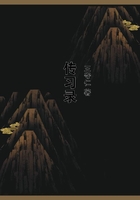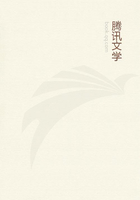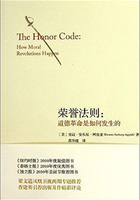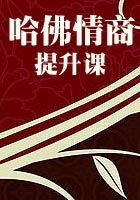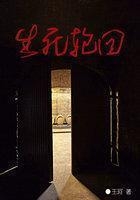Probably in all European history there is no prince who, in proportion to the few striking events of his life, has received such manifold homage.The poets had access to him chiefly about noon, when the musicians had ceased playing; but one of the best among them tells us how they also pursued him when he walked in his garden or withdrew to the privacy of his chamber, and if they failed to catch him there, would try to win him with a mendicant ode or elegy, filled, as usual, with the whole population of Olympus.For Leo, prodigal of his money, and disliking to be surrounded by any but cheerful faces, displayed a generosity in his gifts which was fabulously exaggerated in the hard times that followed.His reorganization of the Sapienza has been already spoken of.In order not to underrate Leo's influence on humanism we must guard against being misled by the toy-work that was mixed up with it, and must not allow ourselves to be deceived by the apparent irony with which he himself sometimes treated these matters.
Our judgement must rather dwell on the countless spiritual possibilities which are included in the word 'stimulus', and which, though they cannot be measured as a whole, can still, on closer study, be actually followed out in particular cases.Whatever influence in Europe the Italian humanists have had since 1520 depends in some way or other on the impulse which was given by Leo.He was the Pope who in granting permission to print the newly found Tacitus, could say that the great writers were a rule of life and a consolation in misfortune;that helping learned men and obtaining excellent books had ever been one of his highest aims; and that he now thanked heaven that he could benefit the human race by furthering the publication of this book.
The sack of Rome in the year 1527 scattered the scholars no less than the artists in every direction, and spread the fame of the great departed Maecenas to the farthest boundaries of Italy.
Among the secular princes of the fifteenth century, none displayed such enthusiasm for antiquity as Alfonso the Great of Aragon, King of Naples.It appears that his zeal was thoroughly unaffected, and that the monuments and writings of the ancient world made upon him from the time of his arrival in Italy, an impression deep and powerful enough to reshape his life.With strange readiness he surrendered the stubborn Aragon to his brother, and devoted himself wholly to his new possessions.He had in his service, either successively or together, George of Trebizond, the younger Chrysoloras, Lorenzo Valla, Bartolommeo Facio and Antonio Panormita, of whom the two latter were his historians; Panormita daily instructed the King and his court in Livy, even during military expeditions.These men cost him yearly 20,000 gold florins.He gave Panormita 1,000 for his work: Facio received for the 'Historia Alfonsi', besides a yearly income of 500ducats, a present of 1,500 more when it was finished, with the words, 'It is not given to pay you, for your work would not be paid for if Igave you the fairest of my cities; but in time I hope to satisfy you'.
When he took Giannozzo Manetti as his secretary on the most brilliant conditions, he said to him, 'My last crust I will share with you'.When Giannozzo first came to bring the congratulations of the Florentine government on the marriage of Prince Ferrante, the impression he made was so great, that the King sat motionless on the throne, 'like a brazen statue, and did not even brush away a fly, which had settled on his nose at the beginning of the oration'.His favourite haunt seems to have been the library of the castle at Naples, where he would sit at a window overlooking the bay, and listen to learned debates on the Trinity.For he was profoundly religious, and had the Bible, as well as Livy and Seneca, read to him, till after fourteen perusals he knew it almost by heart.Who can fully understand the feeling with which he regarded the supposititious remains of Livy at Padua? When, by dint of great entreaties, he obtained an arm-bone of the skeleton from the Venetians, and received it with solemn pomp at Naples, how strangely Christian and pagan sentiment must have been blended in his heart!
During a campaign in the Abruzzi, when the distant Sulmona, the birthplace of Ovid, was pointed out to him, he saluted the spot and returned thanks to its tutelary genius.It gladdened him to make good the prophecy of the great poet as to his future fame.Once indeed, at his famous entry into the conquered city of Naples (1443) he himself chose to appear before the world in ancient style.Not far from the market a breach forty ells wide was made in the wall, and through this he drove in a gilded chariot like a Roman Triumphator.The memory of the scene is preserved by a noble triumphal arch of marble in the Castello Nuovo.His Neapolitan successors inherited as little of this passion for antiquity as of his other good qualities.

